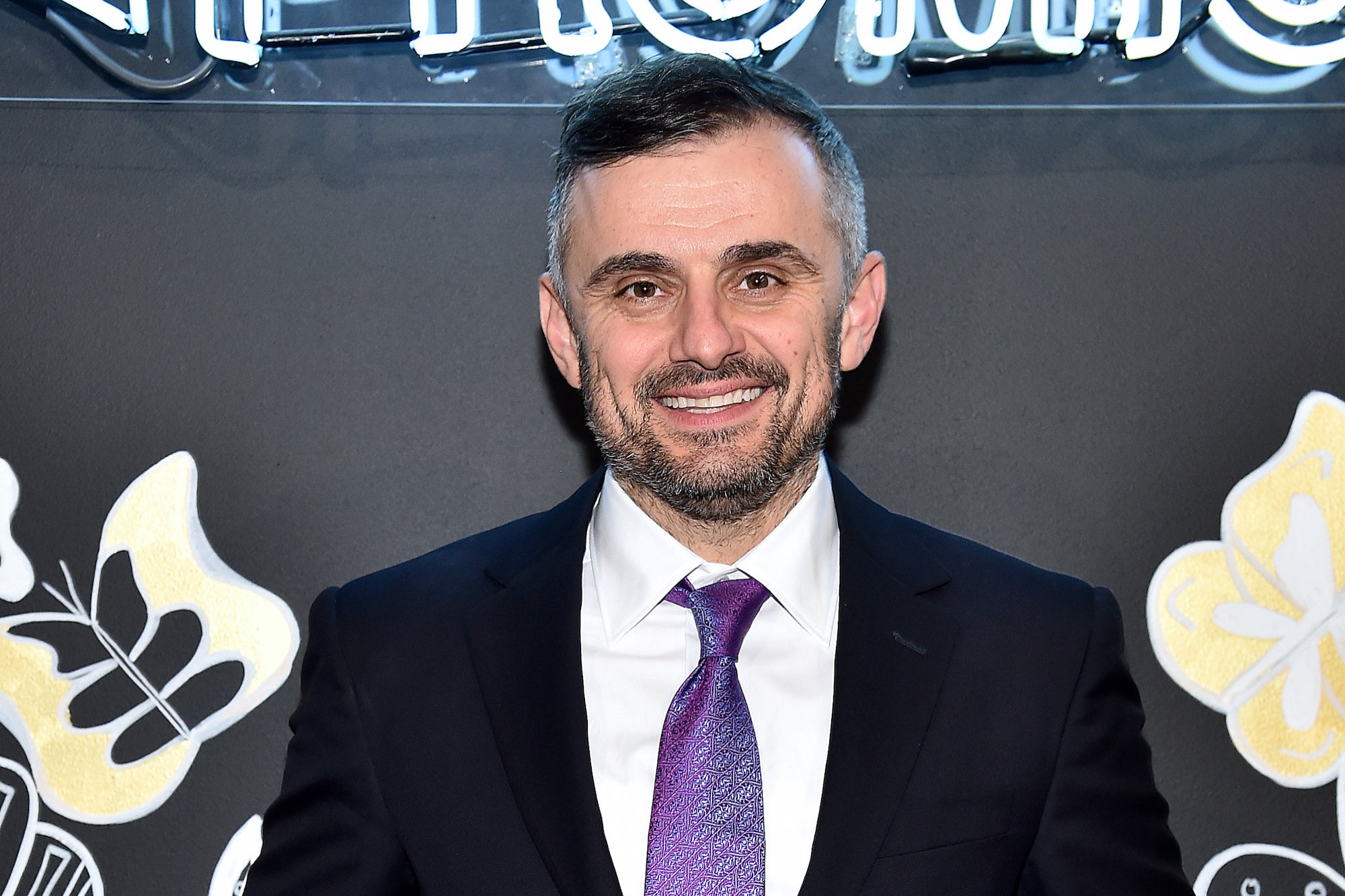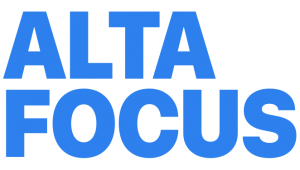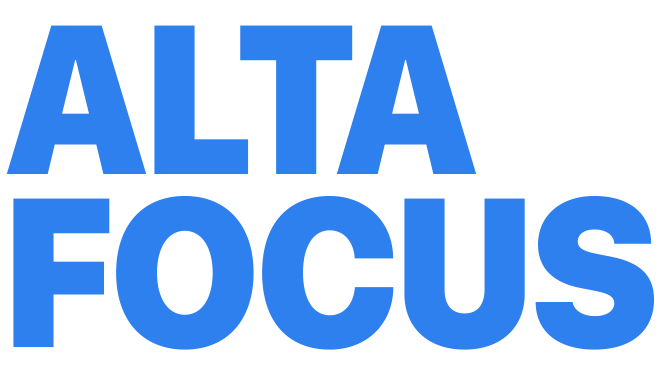
November 9, 2020 5 min read
By his own estimation, Gary Vaynerchuk recently turned away tens of millions of dollars in potential business.
Dozens of big brands had asked his company VaynerMedia for advice on reaching young consumers, but there was a problem. “Our media and creative product did not service that,” Vaynerchuk says. VaynerMedia is built as a full-service global creative and media agency, offering years-long engagements that could cost millions. But that didn’t work for brands that were already happy with another agency, or were looking for faster, lower-cost insights.
What these brands wanted, he says, was something akin to a consulting service. “It just became very obvious that we were in a position to innovate what I would call the Deloittes, Bains, McKinseys, Accentures, around very narrow places that we feel very confident in.”
So now VaynerMedia is doing it: The company just launched a suite of consulting services, which Vaynerchuk describes as helping clients “structure a modern creative and media playbook.” That includes a “Gen Z road map” to build relevancy with the newest generation of consumers, as well as strategies for entering emerging media spaces, creating a guide for merchandising, and more.
Work lasts eight to 12 weeks. The average price tag, Vaynerchuk says: between $250,000 and $500,000.
This isn’t Vaynerchuk’s first foray into consulting. His company The Sasha Group, which helps small to midsize businesses, already provides some form of consulting service. But VaynerMedia, which provides marketing work for massive brands like Anheuser-Busch InBev, GE, JPMorgan Chase, Kraft Heinz, and PepsiCo, is now able to offer this kind of guidance at a far more ambitious scale.
Vaynerchuk says his new consulting services are built around “contemporariness”—understanding new areas like e-sports, TikTok, crypto, AI, voice, SMS, and others. “We did it around the things I know best,” Vaynerchuk says. It’s also what he’s most known for. Vaynerchuk, who first found fame on YouTube when it was still nascent, always advises his fans and followers to push quickly into new spaces, just as he does with his own personal brand. (He’s even a part-owner of two e-sports teams, Minnesota ROKKR and V1 Gaming.) So as VaynerMedia developed its consulting practice, its team came to call it by the codename Steal Our Brains.
Vaynerchuk says he sees brands make a lot of the same errors as they approach younger audiences.
One big error: They spend their money on the wrong influencers, thinking that the biggest names will yield the biggest bang. But that’s not often the case.
He cites Tyler “Ninja” Blevins as a good case study. “Ninja is the great face—the Tony Hawk—of e-sports,” Vaynerchuk says. “The mistake for a lot of brands is they just blindly decide to write a $500,000 check to Tyler, when at this point he’s done so many things that you have to really ask yourself, is that the right use of your money?” (The same could be said of Vaynerchuk himself, he admits: “A lot of people end up using me as a keynote speaker for a very big price tag, instead of using something more proper for that moment.”) To spend smarter, he says, brands need a more nuanced understanding of different influencers and their audiences, so that they can find partners who help them stand out.
Another mistake: Brands base their decisions on data—which means they may pass over opportunities in new spaces where reliable reporting just doesn’t exist yet.
Podcasts are a perfect example of that, he says. “Most of the Fortune 500 brands are not spending money on podcasting because there’s no reporting, and so they can’t justify it on their media spend,” he says. “Yet if they were deeply educated on the podcast ecosystem, they would be spending like crazy because they would be stealing customers.”
Before deciding to enter the consulting space, Vaynerchuk says he had a lot of off-the-record conversations with current and former employees of major consulting firms, asking them about their customers’ pain points. “This was more of like, get a buddy drunk so she or he tells you, ‘I can’t believe it’s a 15-week project; it really only took two weeks, and we’re making $9 million.” The conclusions he drew won’t surprise anyone in the business. There’s a lot of room to lower prices and increase value, and still turn a healthy profit.
To that end, he has stressed to his team: Consulting is not an opportunity for upselling. He sees this new work and VaynerMedia’s marketing agency offerings as totally separate.
“I’ve pounded that into my company,” he says. “Even though [these jobs] might be quote-unquote small for corporate America, remind yourselves that $313,000 is an extraordinary amount of money, and this should be worth more than that to clients when it’s over. It’s not ‘We got paid $313,000 to say, “And now you can buy the million-dollar thing from us.”’”






